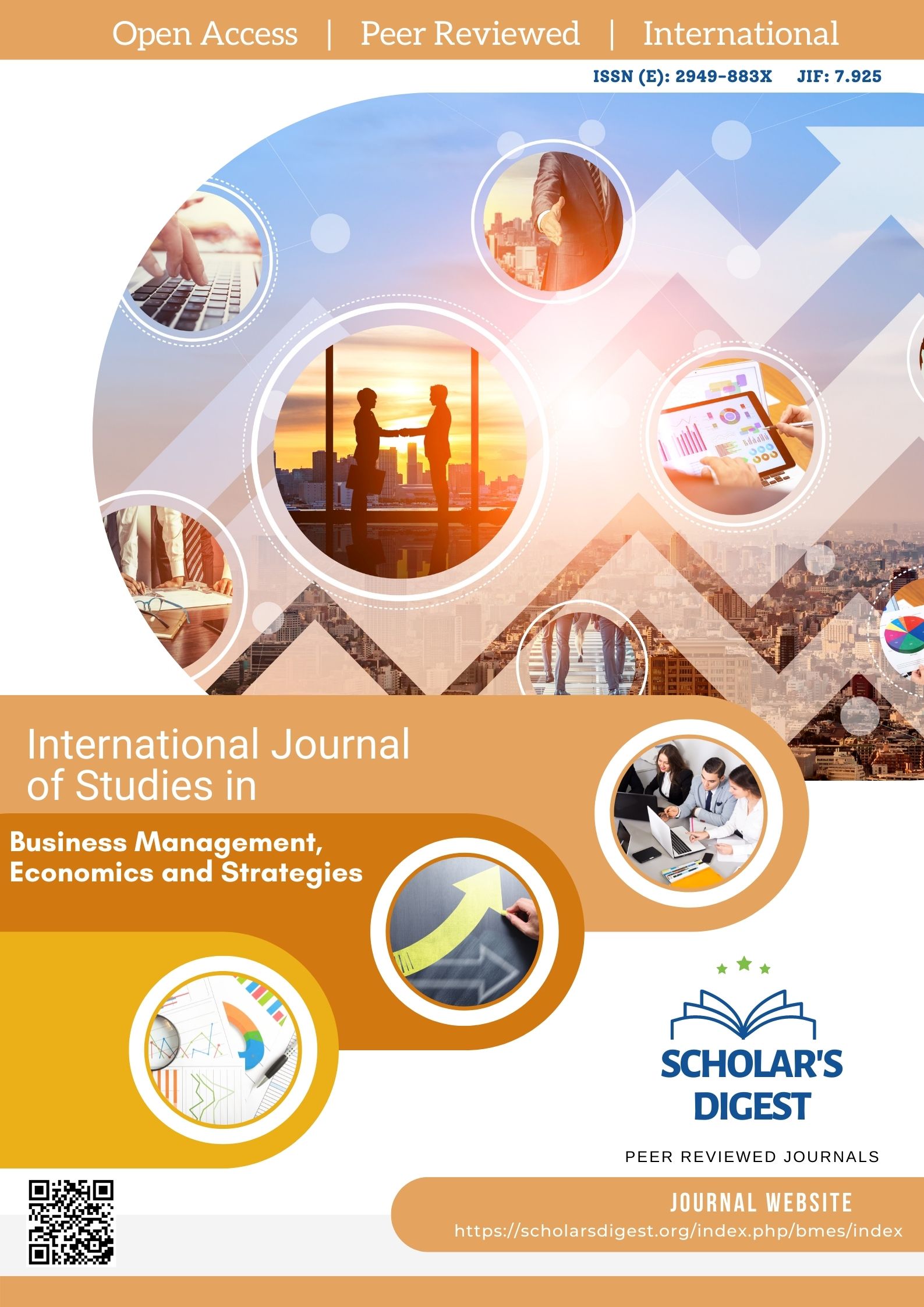THE FEASIBILITY OF ECONOMIC DIVERSIFICATION AND ITS IMPACT ON INVESTMENT IN HUMAN CAPITAL
Keywords:
Feasibility, Economic diversifications, Human capitalAbstract
In this research, the short-term and long-term feasibility of economic diversifications and their impact on investment in human capital were estimated using time series data and a self-explanatory model with extended breaks and an error correction mechanism. The results of the estimation of the long-term and short-term models indicated that the elasticity of the human capital variable in the short-term and long-term was positive and significant. Considering human capital's positive and significant role in the gross domestic product (economic growth), the government should try to increase investment in this sector and improve workforce quality. Of course, it should also be stated that with the accumulation of human capital, not only humans’ capital will directly cause economic growth, but its accumulation and optimal use will also increase the productivity of other factors, which is the indirect and endogenous effect of human capital on growth. It brings the economy. Also, considering the much more significant effect of oil exports than non-oil exports on economic growth and the instability in the income from such exports, non-oil exports should be strengthened and expanded. In addition, due to the negative coefficient of the imported variable, the composition of imported goods should be revised, and more attention should be paid to the import of intermediate and capital goods that strengthen domestic production and positively affect the country's economy.
Downloads
Published
Issue
Section
License

This work is licensed under a Creative Commons Attribution-NonCommercial 4.0 International License.








